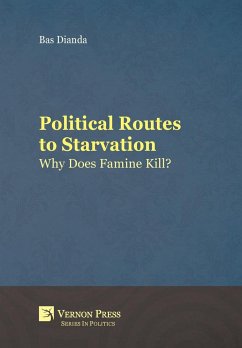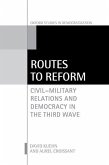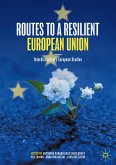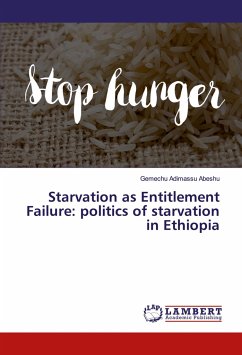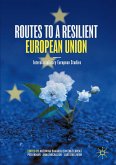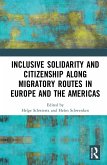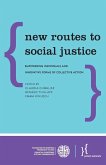This book seeks to reclassify famine by offering an in-depth look at the phenomenon that continues to affect millions of people across the world every year. Defined as a widespread scarcity of food, Dr. Bas Dianda argues that the causes of famine cannot be reduced exclusively to a shortfall in agricultural output or to economic dynamics. Instead, an analysis of famine must take into account political and economic factors as well as agricultural, climatologic and demographic data. 'Political Routes to Starvation' is the result of an all-encompassing analysis of eighty famines from across the globe. This extensive piece of research demonstrates that there are not only multiple factors at play in the genesis of a food crisis, but also in its evolution to starvation. Dianda contends that in order to fully understand the causes of famine it is necessary to reinstate a hierarchy between foundation and concomitant causes, especially when cross-comparing cases. Importantly, Dianda maintains that only a comprehensive approach to famine can appropriately answer the questions: What is famine? How does famine occur? Why does famine kill?
Hinweis: Dieser Artikel kann nur an eine deutsche Lieferadresse ausgeliefert werden.
Hinweis: Dieser Artikel kann nur an eine deutsche Lieferadresse ausgeliefert werden.

